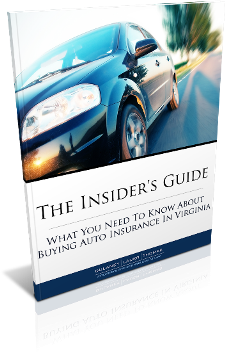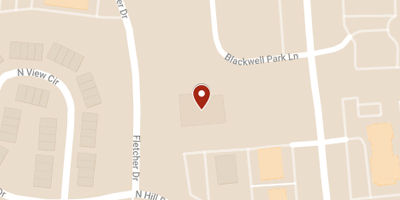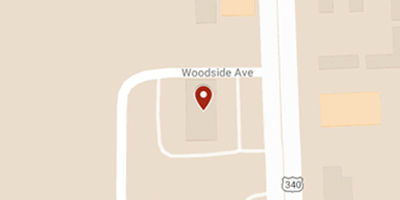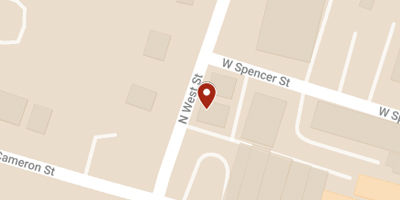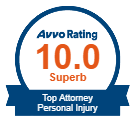Almost all new cars are fitted with electronic systems that greatly improve a vehicle occupant's safety while reducing the possibility of crashing or losing control of the vehicle.
Whereas air bags are passive safety systems - they cannot prevent a Virginia car crash but may protect you should one occur - other systems are triggered to actively replace the driver's action to prevent a crash from happening. Two of the widely available active systems are the anti-lock brake system (ABS) and the electronic stability control (ESC) device. Virginia motorists need to know how these systems work in order to not be surprised when they are triggered and to avoid trying to counter their effects.
How does ABS work?
Then the brakes of older-model vehicles were slammed, the wheels used to lock and slide on the road surface - especially if the surface was wet, oily or icy. With locked wheels, it is nearly impossible to control your steering. No matter how you turn the front wheels, your vehicle keeps moving forward. With ABS, the electronic system senses that one or more wheels are locked and is triggered. In a split-second, one or more brakes are released to allow the wheel to turn, applying just enough braking pressure to slow down the car without locking wheels.
Everything happens at a speed no human being could ever hope to reproduce. When ABS takes over, it adjusts the braking force up to 16 times per second. When this happens, you feel a strong vibration and pulsation noise. Most people are surprised when they experience ABS in action for the first time. You can try it at a slow speed when driving on snow or ice.
How does ESC work?
ESC is a computer managed system, monitoring the loss of control when one or more wheels start sliding and applying the brakes on each individual wheel in order to bring the vehicle into its intended path. This could happen when a car either over-steers or under-steers on a slippery road surface, causing the driver to lose control of the vehicle.
Some ESC devices also reduce the engine's power when activated. The National Highway Traffic Safety Administration (NHTSA) estimates that ESC systems will reduce single-vehicle and rollover crashes of passenger cars by 34 percent and of SUVs by 59 percent.
ESC will become compulsory on all vehicles up to 10,000 lbs. sold in the U.S.A. as from 2012.
If you or a loved one has been injured in a Virginia car accident, please contact our Warrenton or Culpeper office today for a free discussion of your accident case.


